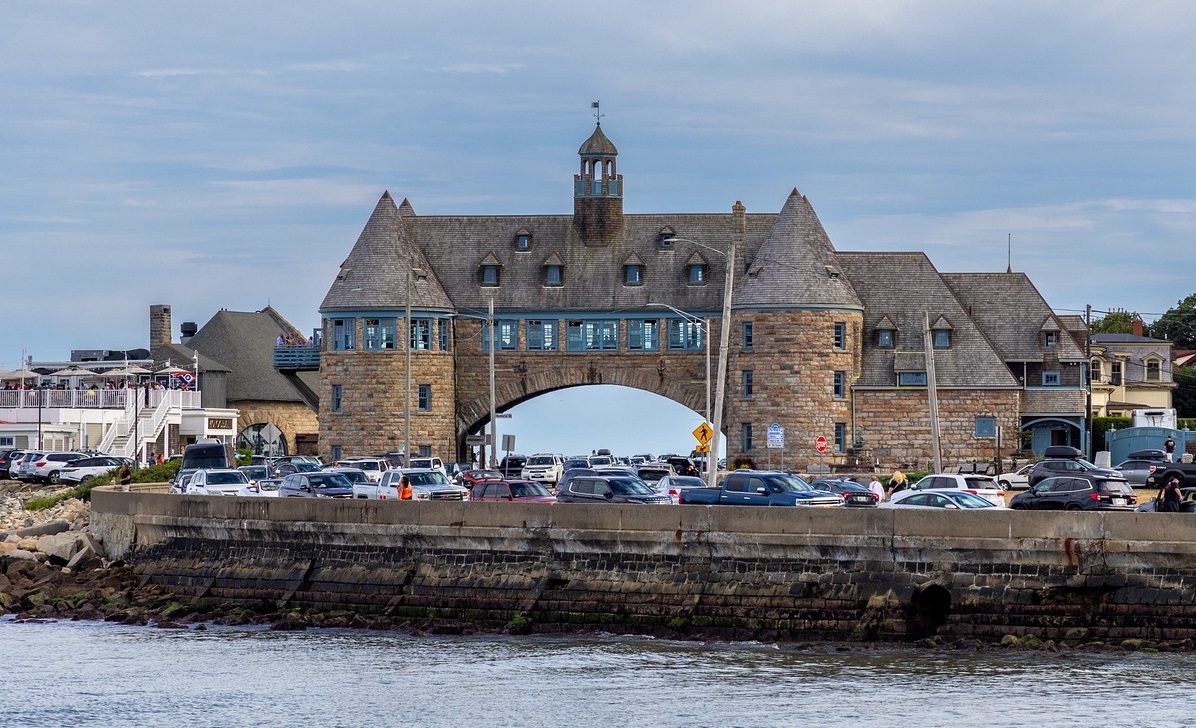Rhode Island: The Ocean State’s Maritime Legacy
Despite being the smallest state in terms of area, Rhode Island is nevertheless deeply ingrained in American history and culture. It is a state in New England, is distinguished by its vibrant villages, stunning scenery, and rich cultural legacy.
History
When Roger Williams established Rhode Island in 1636, it was part of the American colonies. Williams founded Providence as a haven for those escaping religious persecution because he wanted to practice his religion freely. Due to its dedication to religious freedom, the state was dubbed “The Birthplace of Religious Freedom.” Two months before to the signing of the Declaration of Independence, Rhode Island declared its independence from Great Britain, playing a pivotal part in the American Revolution. During the colonial era, it was a hub for maritime trade and commerce due to its advantageous location.

Geography
Rhode Island has a varied topography, with immaculate beaches, undulating hills, and dense forests, despite its tiny size. The 400 miles of coastline in the state are home to countless beaches, waterfront parks, and picturesque views. A famous geographical feature of Rhode Island, Narragansett Bay offers lots of options for boating, fishing, and water sports. Charming villages, farmlands, and natural reserves dot the inland countryside. Recognized as a National Heritage Corridor, the Blackstone Valley highlights the industrial heritage and scenic beauty of Rhode Island.

Economy
From its nautical beginnings, Rhode Island’s economy has developed into a diversified mix of sectors, including manufacturing, tourism, healthcare, education, and technology. The major city and state capital, Providence, is a hub for banking, healthcare, and education in the area. Numerous prestigious universities, including as Brown University and the Rhode Island School of Design (RISD), are located in the city. Newport is a picturesque seaside city that draws tourists with its mansions from the Gilded Age, sailing competitions, and cultural activities. It’s economy depends heavily on tourism, as seen by the state’s plethora of beaches, historic attractions, and dining hotspots.

Culture
The dynamic culture of Rhode Island is a reflection of the state’s rich past, ethnic variety, and inventive spirit. The state’s unique eating alternatives, farm-to-table cuisine, and fresh seafood are highly regarded in its culinary scene. “Little Italy,” or Federal Hill, is a district in Providence that features lively street festivals and real Italian food. Rhode Island’s creative flair and sense of community are on display during the annual WaterFire Providence event, which features bonfires on the city’s waterways. The state’s cultural institutions, which include galleries, museums, and theaters, give locals and tourists the chance to learn about performing arts, art, and history.

Challenges
Rhode Island has many advantages, but it also has drawbacks, such as unequal economic opportunities, dilapidated infrastructure, and environmental issues. The state has been working to diversify its economy and draw in new enterprises as a result of its recent struggles with high unemployment rates and budget deficits. Because of their vulnerability to storm surges, erosion, and rising sea levels, Rhode Island’s coastal communities require investments in climate adaptation and coastal resilience strategies. Modernizing the state’s transportation infrastructure is also necessary to promote economic expansion and reduce traffic.

Conclusion
In conclusion, Rhode Island’s modest size conceals its important historical, cultural, and innovative contributions to the United States. It offers a multitude of activities for both locals and visitors, ranging from its bustling cultural scene and stunning coastline landscape to its foundational principles of religious freedom. The state’s fortitude, inventiveness, and feeling of community—despite its difficulties—continue to define its character and motivate coming generations. Despite its tiny size, It has had a big impact on American history. It is a special and notable state because of its rich cultural heritage, contributions to the formation of the country, and history of religious freedom.
